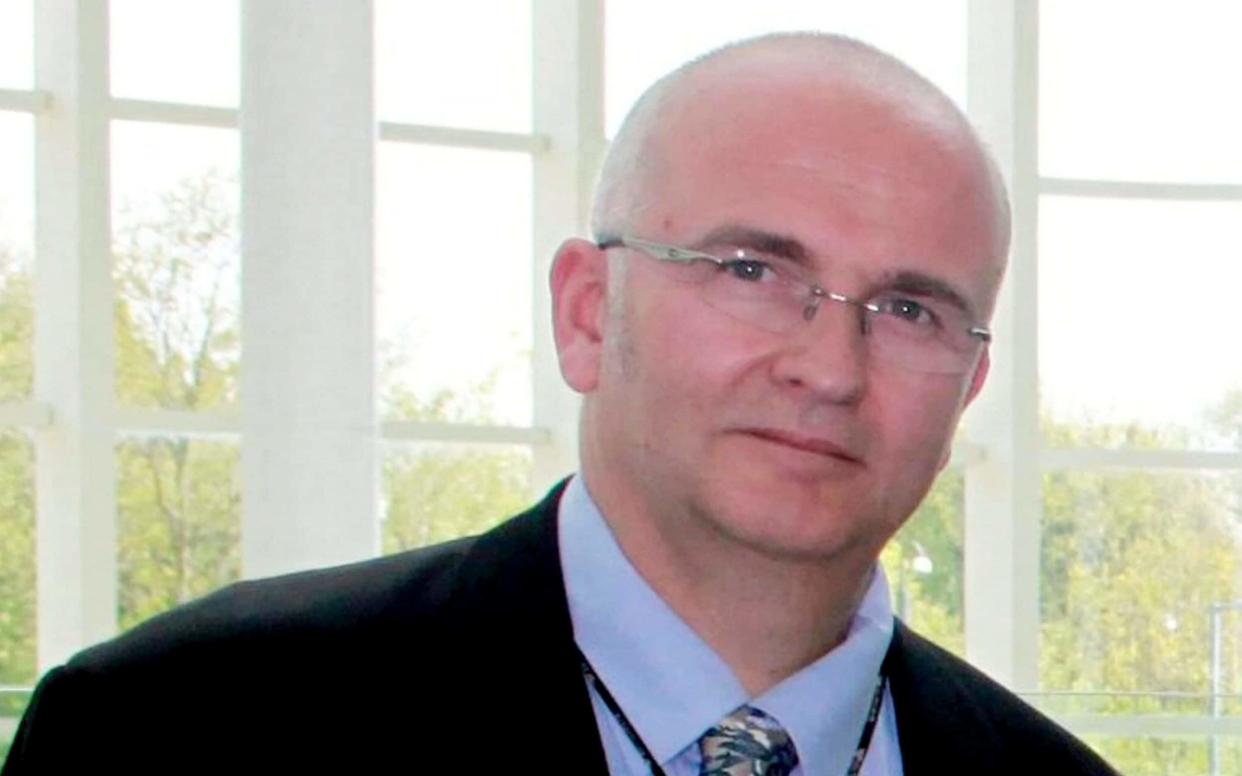Fundraising campaign launched in support of disgraced liver surgeon who branded patients

Former patients of Simon Bramhal who admitted burning his initials onto the livers of two unconscious transplant patients have started a fundraising campaign in his honour.
One of the disgraced surgeon's patients set up the page, and claimed he and his work were "highly valued".
They hope to raise money to match his £10,000 fine, to give to the British Liver Trust, which previously called his actions "inexcusable", in his name.
The fundraisers wrote on the page: "We are aiming to match Simon's fine of £10,000 and donate this to his chosen charity: The British Liver Trust. This in no way conflicts with the fine that Simon pays himself."
Barbara Moss, his former patient, set up the page and said it is because he is a "man of excellence."
Bramhall, 53, resigned from his job at Birmingham's Queen Elizabeth Hospital in 2014 after another surgeon found "SB" branded on a failed donor liver, the city's Crown Court was told.
The consultant pleaded guilty to two counts of assault by beating last month after prosecutors accepted his not guilty pleas to charges of assault occasioning actual bodily harm relating to two patients.
He was sentenced to a 12-month community order, told to carry out 120 hours of unpaid work and fined £10,000.
Passing sentence, Judge Paul Farrer QC said: "Both of the (transplant) operations were long and difficult. I accept that on both occasions you were tired and stressed and I accept that this may have affected your judgment. This was conduct born of professional arrogance of such magnitude that it strayed into criminal behaviour.
"What you did was an abuse of power and a betrayal of trust that these patients had invested in you. I accept that you didn't intend or foresee anything but the most trivial of harm would be caused."
Birmingham's Queen Elizabeth Hospital said in a statement: "The Trust is clear that Mr Bramhall made a mistake in the context of a complex clinical situation and this has been dealt with via the appropriate authorities, including the Trust as his then employer.
"We can reassure his patients that there was no impact whatsoever on the quality of his clinical outcomes."

 Yahoo News
Yahoo News 
